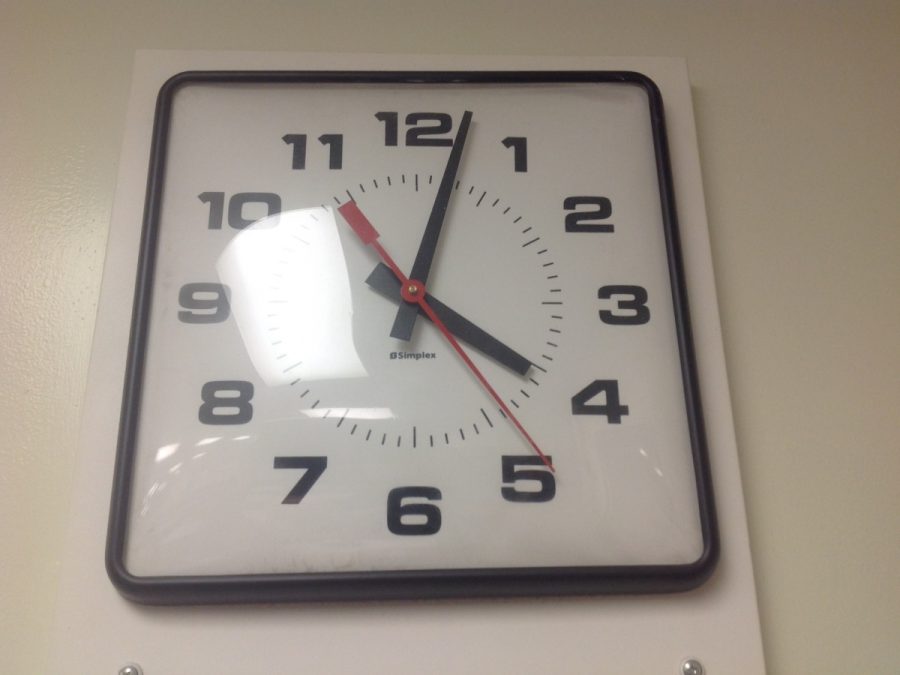The school day should start sooner
October 24, 2016
Contrary to popular opinion, I believe that the school day should start at 7:30 a.m.
There is an obvious hindrance that comes with starting school earlier than 8 a.m.: teenagers’ circadian rhythms, or sleep cycles, range from 11 p.m. to 8 a.m. on average.
Therefore, the brain secretes melatonin, the chemical that enables someone to progressively fall asleep, much later than adults and children; subsequently, adolescents have a natural tendency to fall asleep late into the night—the idea that one can simply go to sleep earlier so as to get up earlier isn’t biologically “true”.
The greatest retaliation against the idea of starting school earlier stems primarily from this exact idea; forcing teens to disrupt their circadian rhythms by getting up earlier for school, and retaining information during the time they should be sleeping, has proved to be academically disruptive.
What mainly catalyzes the vast majority of the student body’s desire to start the school day later is the hope of more sleep, but many overlook the opportunity cost that comes with having more time to sleep in: less time for homework and studies provided that certain students partake in after school activities, sports, volunteer opportunities, or have after-school jobs.
According to a 2001 study, “school administrators cited extracurricular activities as a major reason why high school campuses would rather start earlier in the day. Sports needing to practice outdoors have more daylight…[for many students,] an early start and release may mean more time in the evening for homework and family. High school students also have more time for after-school jobs.”
Starting sports practice and club meetings later in the day means that students are in school until 4:30 or as late as 6:30, which doesn’t include the time it takes to walk, drive, or take the bus home.
This can be especially dangerous in the winter and fall, as it gets darker earlier and students having to walk home or athletes that attend practice lose more daylight.
Despite the school district’s ability to accommodate for these setbacks, such as positioning lights in the football field or having students practice indoors, students and staff alike still have critical time deducted from their evenings.
This time could be spent doing homework and grading papers, spending time with family, going to work, or even relaxing (a desired luxury limited to many due to being crunched on time to complete other tasks).
Ultimately, I believe that the advantages of starting school earlier outweighs its cons.








